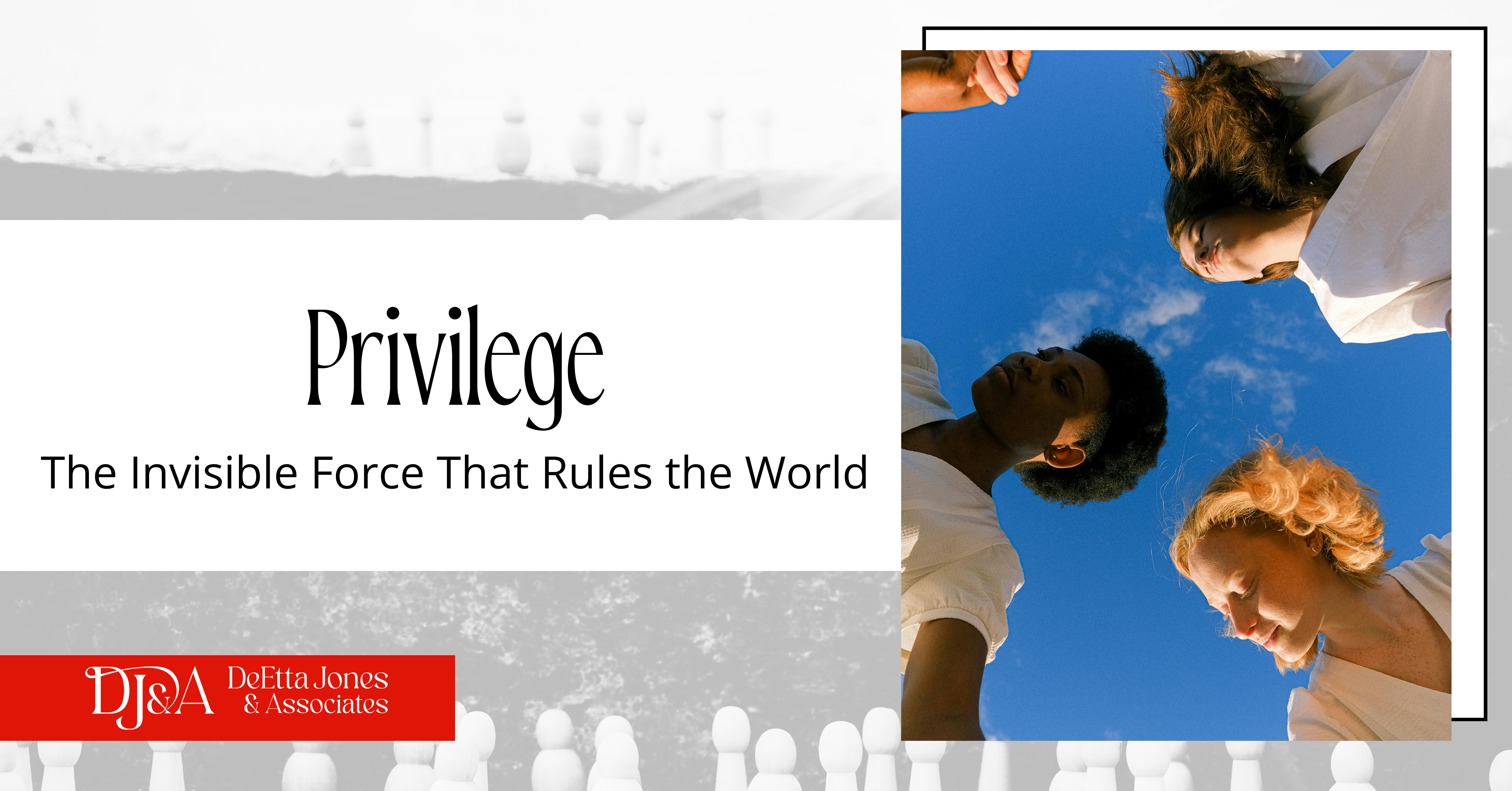In the middle of a cold front sweeping across much of the U.S., I welcome a warm morning breeze, wearing a lovely linen robe Michael bought for me at a pop-up stand on the beach, reading glasses from a trip to Tokyo, and sipping coffee brought to us by friends from Colombia. My life is busy and hectic, but free from worries about where my next meal will come from, whether or not I can afford to visit a doctor, and anxiety about rent or car payment. I am incredibly aware of my privilege.
In the middle of a cold front sweeping across much of the U.S., I welcome a warm morning breeze, wearing a lovely linen robe Michael bought for me at a pop-up stand on the beach, reading glasses from a trip to Tokyo, and sipping coffee brought to us by friends from Colombia. My life is busy and hectic, but free from worries about where my next meal will come from, whether or not I can afford to visit a doctor, and anxiety about rent or car payment. I am incredibly aware of my privilege.
Even with my hard-won level of comfort, only recently did I learn about concierge doctors or out-of-network physical therapists–the exact people who could have helped my father. Instead, he was a faceless person on a phone line pleading for acknowledgment. No one ever got to know him, in Florida, at least, the place he came to be close to me. For his healthcare, he was no one’s responsibility, and no one seemed to care. He had no medical provider to talk to about his overall needs–and I didn’t know how to help him.
How to navigate basic human service providers–education, financial institutions, and healthcare–are the secrets rich people know and that some others may know to ask. They don’t consider them as privilege, these secrets, to those “in the know.” They are as obvious as the school of fish swimming in the water next to them as they gently wade. All of us are in the ocean, but only some are able to describe the water.
Privilege is so wild. I want it. I have it. Yet I am frustrated by its presence–more specifically its use, misuse. If I know I have privilege and am willing to use it in the service of more than just my own comforts–great. But what if I don't even know I have it? What if it is so ubiquitous to me that I can’t see how pervasive it is in my life? How am I able to make the choice to use it well?
And then, of course, is the factor of care.
I’ve met some of the most lovely people, generous to the bone with me, and who really could seem to care less about the condition of others not in their direct path. I can’t easily label them as uncaring, unkind, or unjust. They actually do show up beautifully for those they know and have relationships with. It’s the next step, though, that is missing. Some of us might guess that this is the difference between liberals and conservatives and all the other dichotomous breakdowns between “types” of people. I think we may all have fundamental capacity to care but for whom we care and what catalyzes us to act is different. If this is the case, it becomes much more difficult for me to dismiss someone, good or bad, right or wrong, just or unjust. I have to sit in the uncomfortable space of nuance, judging sparingly and hoping for the same for me.
I invite you to join me in reflection that hopefully catalyzes action. Reflection is part of the disciplined practices associated with next generation leadership, lifelong learning, and becoming the best versions of ourselves. Reflect on your life, areas of privilege, access to information, and core human services. Reflect on your beliefs, potential blindspots, and of course, your blessings. Importantly, also think about your agency.
- Based on what you know, have access to, care about, what do you and are willing to act on?
- To the extent that you care and haven’t taken action: What is holding you back?
- How can you overcome whatever is preventing you from actions that fully align with your values?
- Imagine that you fully harness your agency and take one significant action that demonstrates your values. What would be the benefit of your action?
The last reflection is a trick question–the benefit is always to you. It is always in your own best interest to align your actions with your values, for those of us with privilege, it should also be our honor and responsibility to do so.

